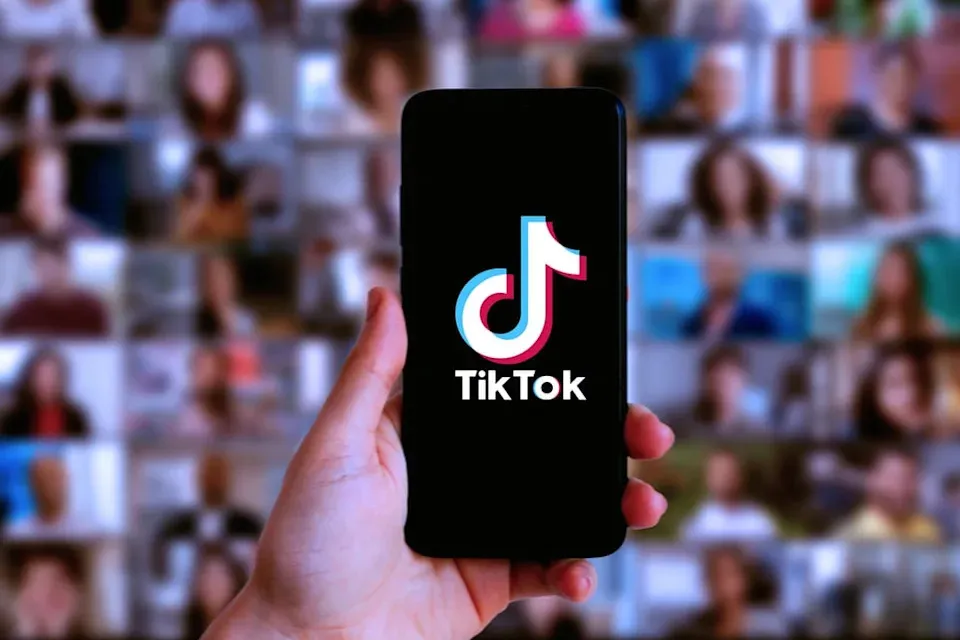UGC Spotlight: Finance Jokes That Actually Work
In an online world where everyone’s either posting loss screenshots or pretending to be Warren Buffett with Wi-Fi, humor has become the only stable currency left. Enter the latest trend lighting up Reddit, TikTok, and Discord finance circles: user-generated finance jokes that actually teach something. This month’s UGC Spotlight celebrates the community creators turning complex economic chaos into laughter that lands and lessons that stick. From jokes about inflation to punchlines about passive income, this is where comedy meets cash flow.
“Inflation Walked Into a Bar” The Macro Meme Revival
If the economy had a stand-up circuit, inflation would be its overworked headliner. One viral Reddit post simply read, “Inflation walked into a bar. Everyone left because the prices went up.” It got 50,000 upvotes and sparked a comment section full of surprisingly accurate macro takes. Users debated central bank policies, all while roasting their grocery receipts.
Another fan submission expanded the bit: “I tried to buy a beer, but the bartender said my paycheck wasn’t worth what it was yesterday.” Beneath the humor, a Redditor explained how currency devaluation works better than most Econ 101 lectures ever could. It’s finance education with punchlines digestible, memeable, and slightly painful.
TikTok Traders and the “Comedy ROI” Era
TikTok creators have turned finance jokes into performance art. One creator went viral with a skit where a trader explains his portfolio like a bad relationship: “She was stable at first, then volatile, now I’m holding for emotional reasons.” It’s funny, but it’s also a perfect metaphor for investor psychology.
Another top submission, titled “Passive Income Be Like,” shows a guy sleeping while his phone buzzes nonstop with subscription renewals, staking rewards, and tiny crypto transfers. The punchline: “I made $1.37 overnight, but it’s about the mindset.” The skit doubled as a commentary on the obsession with effortless wealth, sparking thousands of comments debating what “real” passive income means.
TikTok’s “fin-humor” creators are proving what economists reluctantly admit people understand compound interest better when it’s explained with irony.
The Rise of the Memeconomist
Redditors have begun calling themselves “memeconomists” citizen analysts who explain financial trends through jokes and visual gags. One UGC post that made it to the top of r/WallStreetBets read: “My diversified portfolio: 50% anxiety, 30% regret, 20% coping strategies.” It resonated so widely that even financial journalists quoted it in serious columns.
These user-created jokes have become a grassroots education system. Through memes, they simplify everything from yield curves to FOMO psychology. A Twitter thread labeled “Behavioral Finance Explained by Cats” became an instant classic, illustrating emotional investing through feline chaos: one cat hoarding food (over-saving), one knocking cups off counters (market correction), and one staring into space (retail investors in 2025).
Community-Led Learning: Where Laughter Teaches
The best part of these finance jokes is how communities turn them into group discussions. A meme about “liquidity” being “what’s left in your wallet after a night out” inspired a full conversation on credit flow and spending psychology.
Discord servers now host weekly “Meme Office Hours,” where users share their funniest economic takes. Some are ridiculous (“My NFT portfolio is a modern art tax write-off”), while others are sneakily educational (“Monetary policy is like your thermostat you turn it up too much and regret it later”). Humor gives permission to engage without intimidation.
UGC creators aren’t simplifying finance to mock it they’re using humor to humanize it. They turn fear and confusion into community currency.
Jokes That Double as Financial Insight
Several standout user submissions this month prove that good humor can also be good analysis:
-
“Diversification means losing money in more creative ways.” a darkly accurate comment on portfolio strategy.
-
“My 401(k) is now a 201(k).” grim humor about market drawdowns that became a meme explaining compounding losses.
-
“The invisible hand needs a manicure.” now trending as shorthand for market fatigue.
-
“I’m long on anxiety, short on serotonin.” currently being printed on t-shirts and quoted in investor support chats.
These aren’t just jokes they’re literacy tools. Each one compresses an entire economic principle into a one-liner, proving that humor can teach faster than a finance textbook.
The Algorithm Loves a Laugh
Platforms are taking notice. TikTok’s algorithm now promotes “edu-tainment” finance content videos that balance humor and insight. Even LinkedIn, typically allergic to jokes, has seen a surge of meme-based posts dissecting interest rate trends. One user’s viral chart comparing market cycles to “emotional stages of crypto winter” earned 200,000 impressions and an invitation to speak at a fintech conference.
The irony? The most viral financial content isn’t from professionals it’s from fans making jokes for free. The audience has become the educator.
Conclusion
Finance jokes are no longer side entertainment they’re the new lingua franca of financial education. The best ones make people laugh first and learn second, transforming intimidating concepts into relatable everyday humor. The UGC Spotlight shows that in the meme economy, community creators aren’t just making content they’re reshaping how people understand money itself.
So the next time you see a finance meme on your feed, don’t scroll past it. That joke about interest rates might just be your most efficient economics lesson of the week.





Recent Comments